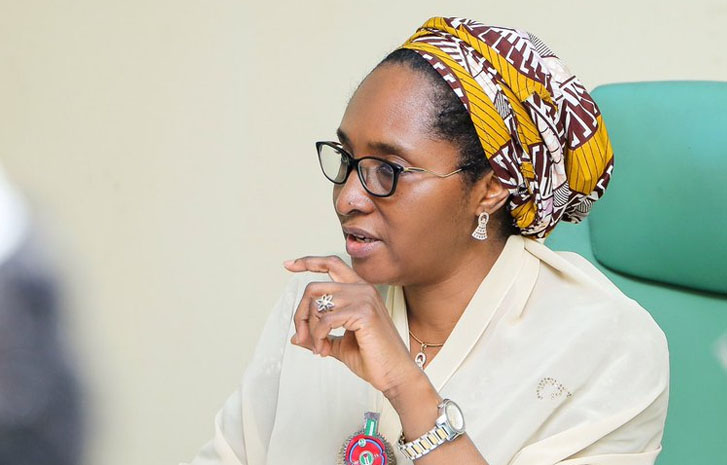 The federal government on Wednesday announced a slash in the 2020 budget by N1.5tn as part of measures to respond to the impact of coronavirus on the economy.
Included in the N1.5tn is over N457bn the government spends on fuel importation under the name of “under-recovery.”
A government’s panel set up to assess the impact of coronavirus on the economy made the recommendation, already approved by the president Muhammadu Buhari.
Recall that Buhari had handed the assignment to the committee last week Monday.
The federal government on Wednesday announced a slash in the 2020 budget by N1.5tn as part of measures to respond to the impact of coronavirus on the economy.
Included in the N1.5tn is over N457bn the government spends on fuel importation under the name of “under-recovery.”
A government’s panel set up to assess the impact of coronavirus on the economy made the recommendation, already approved by the president Muhammadu Buhari.
Recall that Buhari had handed the assignment to the committee last week Monday.
The committee is chaired by the Zainab Ahmed, minister of finance, budget and national planning. Other members are the Timipre Sylva, minister of state, petroleum resources; Godwin Emefiele, governor of the Central Bank of Nigeria; and the group managing director of the Nigerian National Petroleum Corporation.
Speaking with State House correspondents on Wednesday after the Federal Executive Council meeting in Abuja, Ahmed expressed hope that the measures would help stabilise the economy.
She said the recurrent expenditure would be cut by 25 per cent across all the Federal Government’s agencies, while the capital budget would drop by 20 per cent.
She stated, “What we have done is that we have written every ministry and given them guidelines on how these adjustments will be made to enable us to have detailed input from the ministries.
“But, I can just say that the budget cut is about N1.5tn; the reduction in the size of the budget. And this includes the N457bn from the PMS under-recovery.
“On how much it will affect the federally-funded upstream projects; it is about 25 per cent cut. The exact amount, we will work out when we get input from the ministries, departments and agencies.”
Recall that the N10.59tn budget, which was signed by Buhari in December, came with a deficit of over N1.8tn. It had a provision of N56.4bn for statutory transfers; debt servicing, N2.7tn; recurrent expenditure, N4.84tn; and capital expenditure, N2.46tn.
For the government to respond to the oil price crash, she said the new benchmark was $30 per barrel, down from the budgeted $57.
Other measures are the suspension of the funding of upstream projects by the Nigerian National Petroleum Corporation; the reduction in the revenue projection of the Nigeria Customs Service by N1.5tn; and the suspension of all ongoing recruitment by the MDAs.